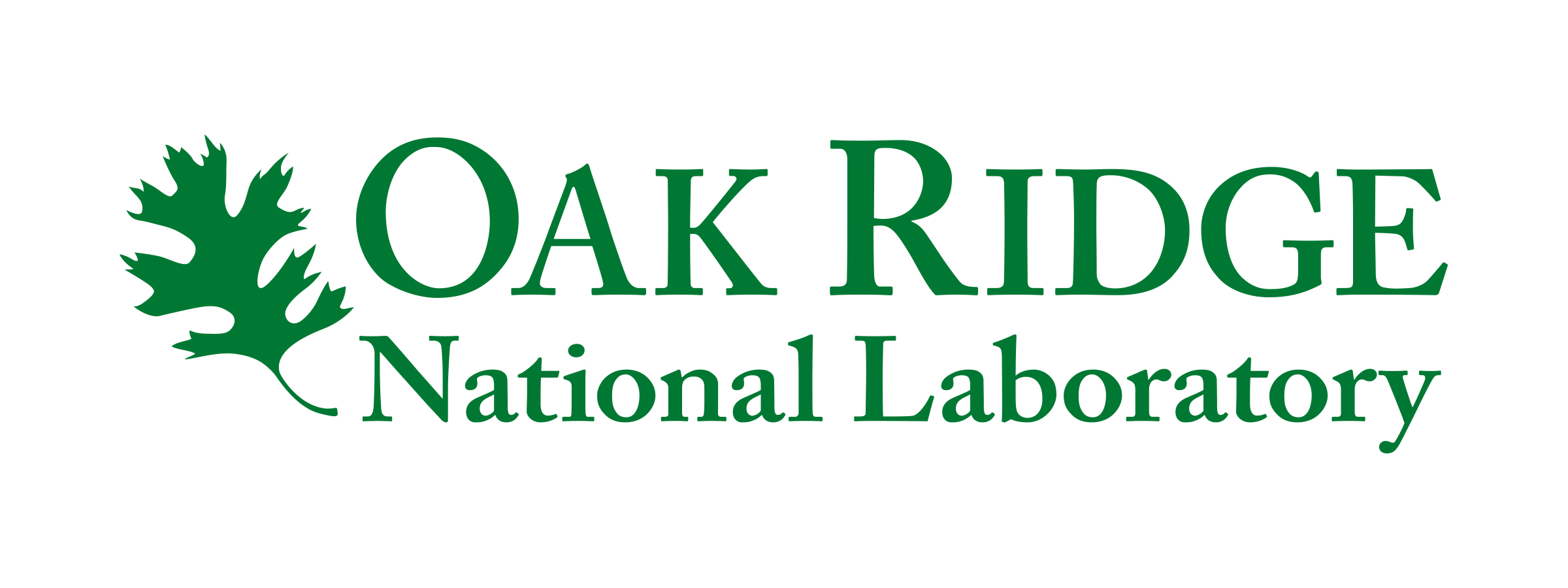Newswise — Three scientists from the Department of Energy’s Oak Ridge National Laboratory have been elected fellows of the American Association for the Advancement of Science, or AAAS.
“ORNL scientists are among the world’s brightest, and Sandra, Jason and Peter are tackling challenges of great importance through creative research and innovation,” said interim ORNL Director Jeff Smith. “I offer my congratulations to them on this recognition of their scientific impact.”
AAAS is the world’s largest general scientific society and publisher of the Science family of journals. Its fellows are a distinguished group of scientists, engineers and innovators who have been recognized for their achievements across disciplines ranging from research, teaching and technology, to administration in academia, industry and government, to excellence in communicating and interpreting science to the public.
The new fellows from ORNL are:
Sandra Davern, who leads the Radioisotope Research and Development Section in the Radioisotope Science and Technology Division. She is the initiative lead for Accelerating Radiotherapeutics through Advanced Molecular Constructs and the Accelerating Radiotherapeutic Innovations and Applications at ORNL, for which she organized three international workshops. Much of her research centers around advancing the use of radioisotopes for medical applications, including targeted alpha therapy for cancer treatment. She has been principal investigator for multiple studies in radioisotope applications and radiobiology. Her teams’ inventions include a deployable human bioindicator, a system using vertically aligned carbon nanofiber arrays for the microdelivery of biomolecules to plants, monoclonal antibodies with immunodiagnostic capabilities and nanoconstructs for radionuclide delivery to cancer cells.
Davern’s fellowship election recognizes her “for contributions to the field of targeted radionuclide therapies, particularly for the development of nanomaterials to deliver radionuclides to cancer cells and novel methods assessing DNA damage and radiobiological effects.”
She came to ORNL in 2015 as a radioisotope researcher in isotope and fuel cycle technology. She holds a doctoral degree in cell biology from University College Dublin and a bachelor of science degree in biotechnology from Dublin City University, both in Ireland.
Jason Gardner, who leads the Foundational Materials Science Section in the Materials Science and Technology Division and is focused on discovering promising materials for future technologies. He connects researchers of correlated electron materials, quantum heterostructures, and neutron and X-ray scattering to synthesize and understand exciting materials, such as quantum materials.
Gardner’s fellowship election recognizes his “distinguished contributions to the understanding of frustrated magnetism using neutron scattering techniques, and for service to global publishing and to early career scientists through professional societies.”
Gardner joined ORNL in 2019 as a distinguished R&D staff member after leading quantum magnetism research at an Institute of Physics campus in China and leading construction of a neutron spectrometry instrument in Australia for Taiwan while frequently commuting to Taipei to teach. He has worked for several large government laboratories, including the Chalk River Laboratory in Canada and the National Institute of Standards and Technology in the United States. A fellow of both the American Physical Society and the United Kingdom-based Institute of Physics, Gardner has served as editor-in-chief of the Journal of Physics: Condensed Matter. He received his doctorate in condensed matter physics from the University of Warwick in 1996.
Peter Thornton, who leads the Earth Systems Science Section in the Environmental Sciences Division. Thornton studies the interactions of land ecosystems with all other components of Earth’s climate, including biogeochemical and land-atmosphere feedbacks and interactions with human systems. In addition to serving as section head, he is director of ORNL’s Climate Change Science Institute, bringing together science and technology expertise from across ORNL to address the challenges of a changing climate.
AAAS recognized Thornton for “distinguished contributions to the field of global biogeochemical modeling, particularly for assessing the influence of coupled carbon and nutrient cycling on climate system feedback.”
Thornton is Distinguished R&D staff at ORNL and has been recognized multiple times by analytics firm Clarivate as a Highly Cited Researcher. He also leads a chapter on land cover and land-use change for the U.S. Global Change Research Program’s National Climate Assessment. In his 14-year career at ORNL, Thornton served as deputy director of CCSI and as leader of the Terrestrial Systems Modeling group, and has been recognized by DOE’s Office of Science for leadership in the development of DOE’s Energy Exascale Earth System Model.
UT-Battelle manages ORNL for the Department of Energy’s Office of Science, the single largest supporter of basic research in the physical sciences in the United States. The Office of Science is working to address some of the most pressing challenges of our time. For more information, please visit energy.gov/science.

